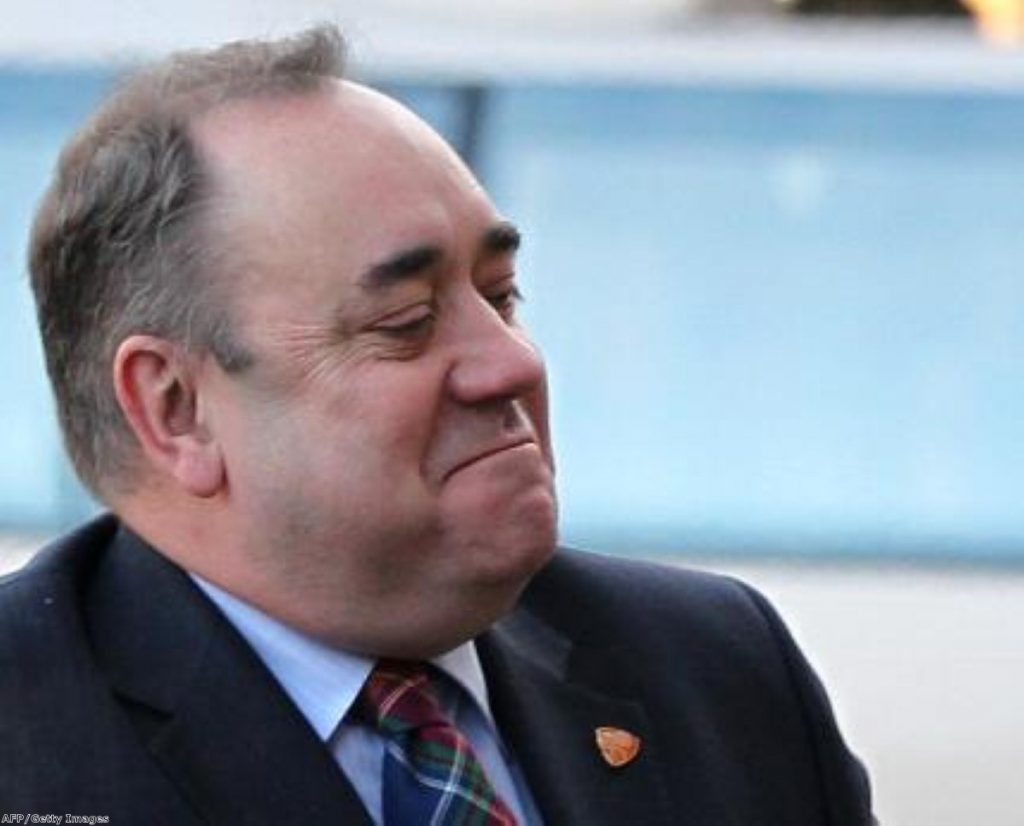Devo-max: Gone from the ballot paper, but not forgotten
The rules of the game have been set: Scotland will vote either 'yes' or 'no' to independence in next year's referendum. But although the jostling over the terms of the contest is now over, the impact of omitting a third 'devo-max' option from the ballot paper is already shaping the campaign.
"Each side is now trying to present its own position as being closer to devo-max than the other one," Professor Michael Keating, chair in Scottish politics at the University of Aberdeen, told politics.co.uk. The nationalists are promising that Scotland will hold on to all those sentimental little things that sway voters – the Queen as head of state, pound sterling, etc. Unionists are doing the opposite, promising more devolution after a 'no' vote. As Keating wryly observes, "the question's whether people believe them".
This explains a lot. With both sides striving to downplay the impact their preferred result would have, the campaign is threatening to become a race to the middle. What might stop it ending up that way are the preoccupations of Scotland's civil society groups: trade unions, voluntary organisations, professional bodies and the like. Keating, who spends a lot of his time talking to them, says they're not particularly bothered about the constitutional nitty-gritty. "They're interested in what kind of society we would have," he says. Taxation levels, public services and levels of welfare, all of a sudden, assume prime position in the debate.
This has implications of its own. Take welfare, which the SNP is using to bash Labour. Scottish ministers are just as bound by the current spending restraints as their counterparts in London, but the major reforms being undertaken by the Westminster coalition have given the nationalists an opportunity to put some clear water between the two. An independent Scotland, so the argument goes, would be much more likely to defend the existing benefits system. Playing politics with policy might just help win a constitutional struggle.


Playing down the EU setback
Labour are under pressure over welfare, but it's the Conservatives who are losing out when it comes to the European Union debate. The SNP had hoped to get into the European Union as an independent nation without the faff of having to apply for membership. But, after Brussels made its position very clear and the UK government waved the rulebook around triumphantly earlier this year, the nats were forced to accept they would have to go to the negotiating table.
All of which tends to suggest that winning independence just got a little harder for Alex Salmond and co. Keating isn't so sure. The eastern European countries took a few years to get in, but they were transition countries. Scotland is already a member. EU laws already apply north of the border. It conforms with the acquis communautaire, the long tickbox of requirements the EU demands of its new members. Its economy is in good shape. "There is absolutely nothing to negotiate about Scotland's fitness."
That's not the impression I'd gleaned from the coverage in London. Important to note, then, that things look very different north of the border.
"The unionists are trying to create uncertainty about EU membership," Keating says. Scotland would get in. There's no question whatever."









